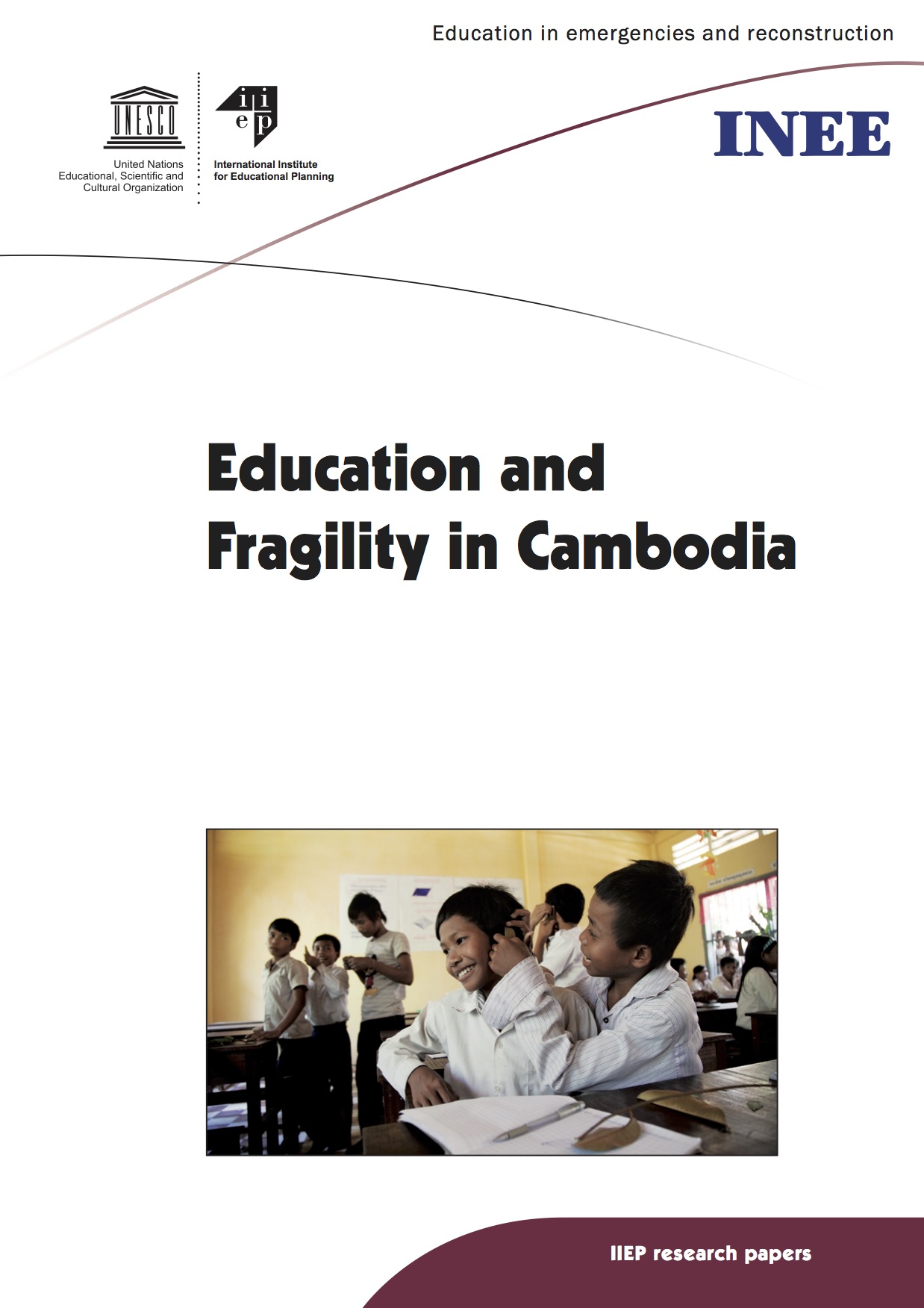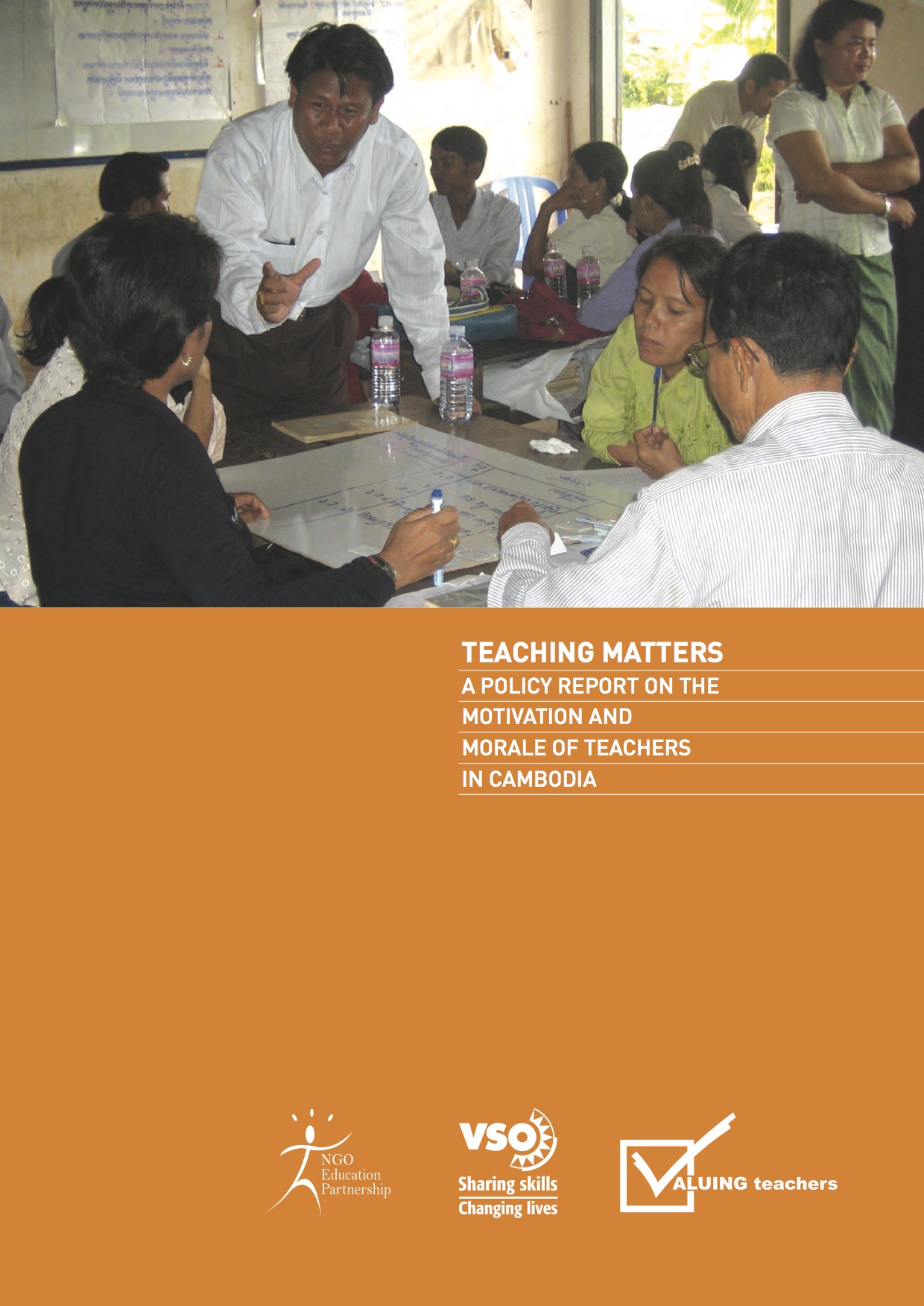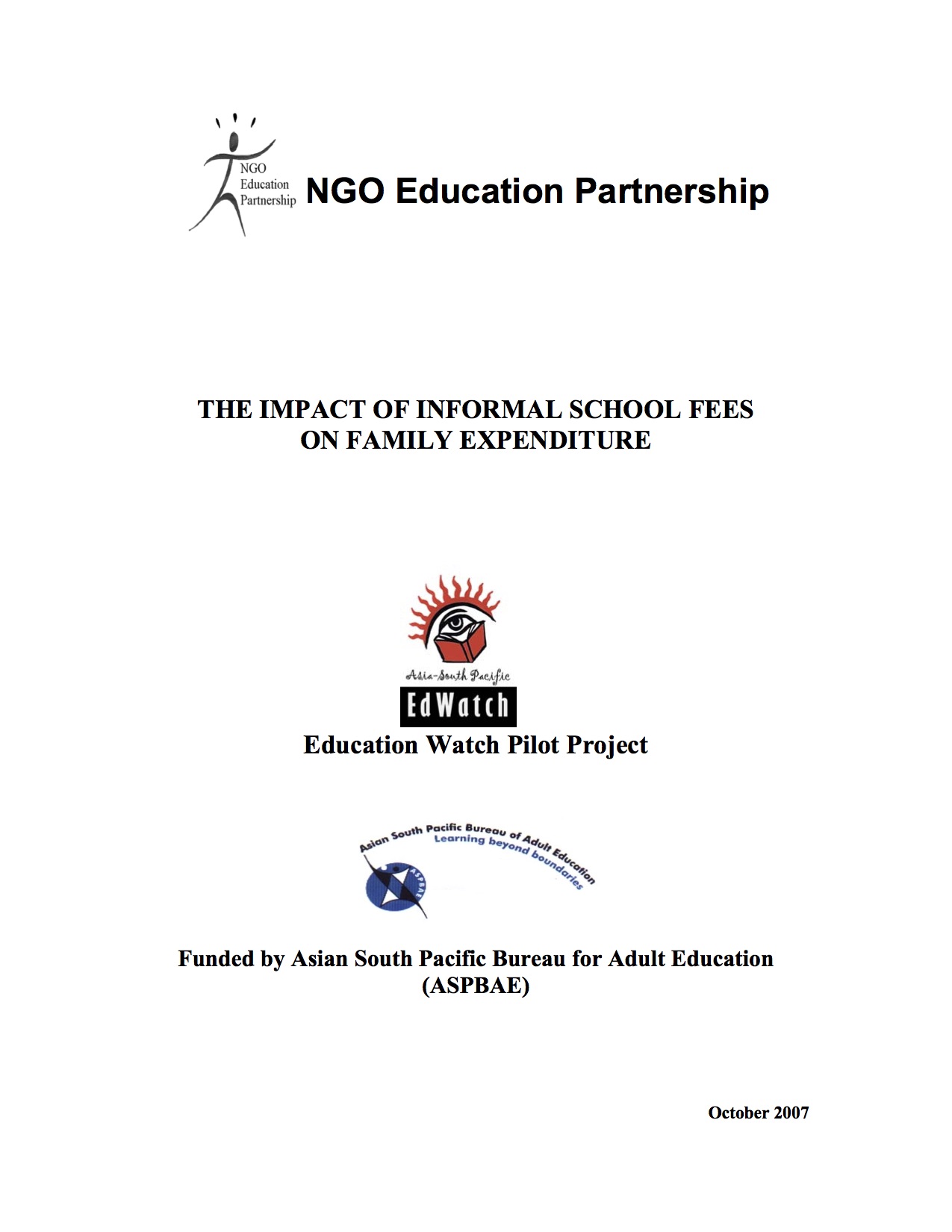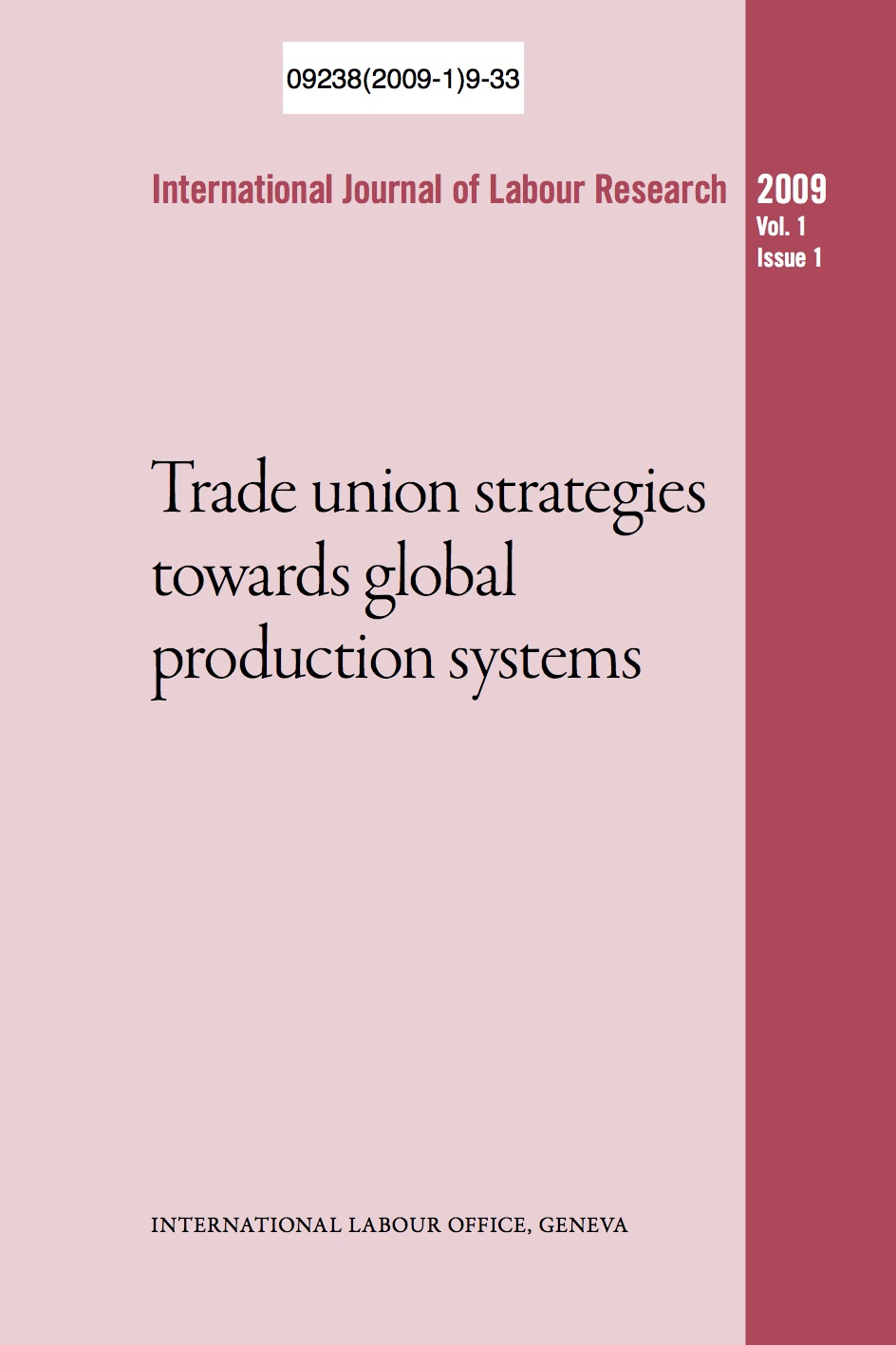Latest Entries
Education and Fragility in Cambodia
Publication Year: 2011 / Sources: International Institute for Educational Planning, UNESCOThis report on ‘Education and Fragility in Cambodia’ is part of a larger research project of the INEE Working Group on Education and Fragility involving three other country case studies – Afghanistan, Bosnia-Herzegovina, and Liberia. The aim of these ‘Situational Analyses of Education and Fragility’ was to strengthen the evidence for understanding education’s role in exacerbating and/or mitigating fragility and, ultimately, to lead to the development of recommendations for policy, planning, and programming strategies and best practice, both at country level and beyond. The purpose of the present report is to examine the impact of education on fragility in Cambodia, both through a review of the drivers and dynamics of fragility, and an analysis of the ways in which education interacts with these drivers and dynamics.
Teaching Matters
Publication Year: 2008 / Sources: NGO Education Partnership, VSO, Valuing TeachersThe stated aim of the Royal Government of Cambodia (RGC) is to provide free basic education for all by the year 2015. This is an ambitious aim and one that places great demands on all involved in the country’s education process. VSO programmes conducting Valuing Teachers research in other countries have had considerable successes in making representations to governments and development partners in the form of specific recommendations designed to improve access and quality of education. This Valuing Teachers report is the result of a research-based advocacy project that is part of VSO’s Mainstreaming Inclusive Education (MIE) project in Cambodia. It has been produced in collaboration with the NGO Education Partnership (NEP).
The Impact of Informal School Fees on Family Expenditure
Publication Year: 2007 / Sources: NGO Education PartnershipThe aim of this research is to examine the impact on family household incomes due to payment of informal school fees for children. Despite the progress made for the provision of free basic education, government statistics have recently shown an increase in pupil drop-out rates, as well as high repetition rates. Enrolment rates for basic education were also dipping, but have recently shown a small improvement. This study aims to determine whether links exist between these downwards trends and parents’ ability to pay the informal fees.
Corruption in Cambodia’s Health Sector
Publication Year: 2006 / Sources: -Cambodia’s health record is amongst the worst in Asia. The maternal mortality rate is the highest in the region, with 437 deaths per 100,000 live births. Skilled personnel attend less than a third of all births. Almost one in every ten babies does not live to his/her first birthday and more than 60,000 babies die every year of malnutrition or diseases that can be prevented or cured. Malaria remains a serious problem, and known cases of tuberculosis have increased from approximately 61,000 in 1999 to 108,000 in 2004.
Trade union strategies towards global production systems
Publication Year: 2009 / Sources: International Journal of Labour Research, Volume 1As its title suggests, the principal objective of the project was to improve working conditions in Cambodia’s textile and apparel sector via the establishment of an independent system for monitoring working conditions, assist in drafting new laws and regulations where necessary, and develop awareness and capacity for employers, workers and government officials to ensure greater compliance with core labour standards and Cambodian labour laws.





